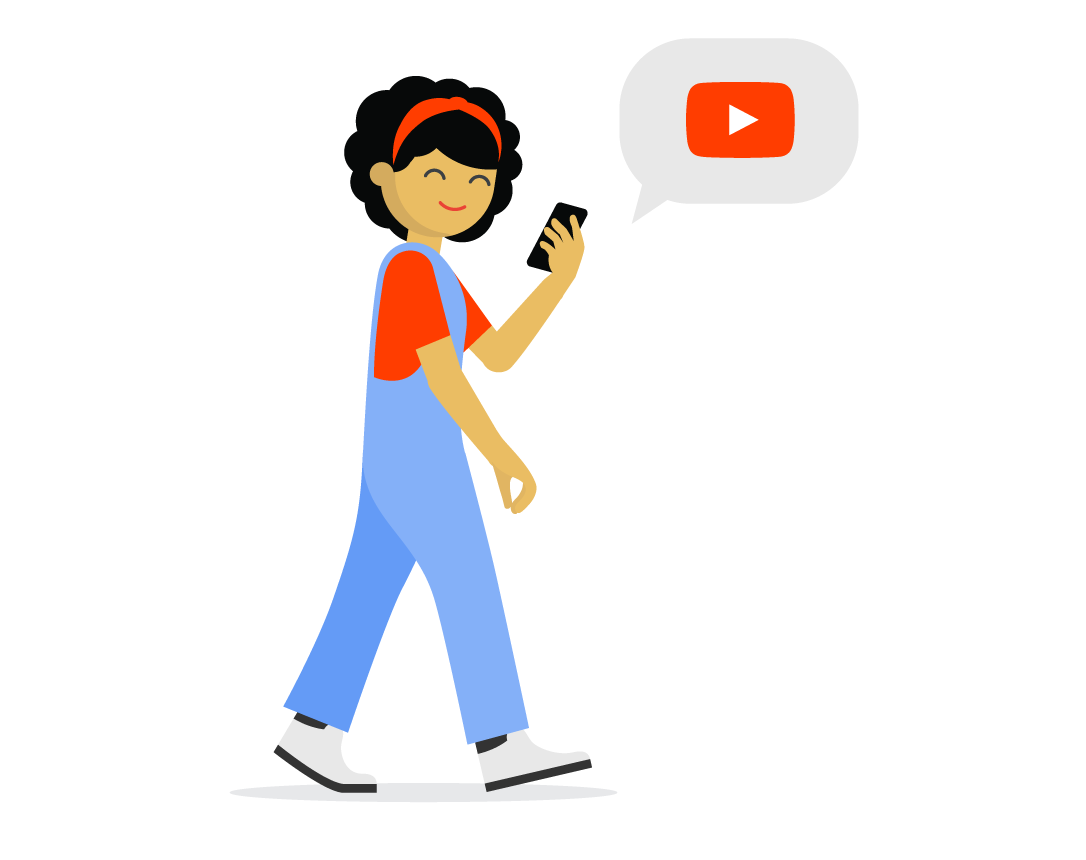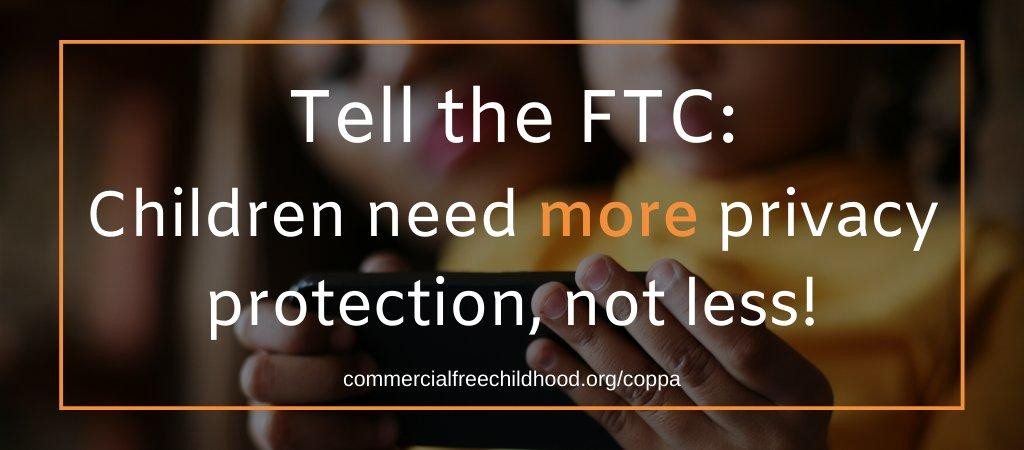The FTC’s Google/YouTube decision on children's privacy & digital marketing brings new safeguards, opportunities—and questions

I played a key role (link is external) helping get the Children’s Online Privacy Protection Act (COPPA) passed by Congress in 1998 (when I was executive director of the Center for Media Education). Since then, I have tried to ensure that the country’s only federal law addressing commercial privacy online was taken seriously. That’s why it has been especially egregious to have witnessed Google violating COPPA for many (link is external) years, as it deliberately developed YouTube as the leading site for children. Google disingenuously claimed in its terms of service that YouTube was only meant for those 13 (link is external) and older, while it simultaneously unleashed programming and marketing strategies designed to appeal directly to kids. Google’s behavior sent a message that any powerful and well-connected corporation could ignore U.S. privacy law, even when that law was specifically designed to protect young people.
In collaborations with our colleagues at the Campaign for Commercial-Free Childhood (CCFC (link is external)), our attorneys at the Institute for Public Representation (IPR (link is external)) at Georgetown University Law Center, and a broad coalition of consumer, privacy, public health and child rights groups, we began filing complaints at the FTC in 2015 concerning Google’s child-directed practices (on YouTube, its YouTube Kids app, and elsewhere). We also told top officials at the commission that Google was not abiding by COPPA, and repeatedly provided them documentation (link is external) of Google’s child-directed business operations. CCFC, CDD and IPR kept up the pressure on the FTC, in Congress and with the news media (see attached, for example). For a variety of reasons, the FTC, under the leadership of Chairman Joe Simons, finally decided to take action. The result was last week’s decision (link is external)—which in many ways is both historic and highly positive. Google was fined $170 million for its violations of children’s privacy, a record amount in terms of previous COPPA-connected financial sanctions.
The FTC’s action also implemented important new policies (link is external) protecting children:
- Children will no longer be targeted with data-driven marketing and advertising on YouTube programming targeted to kids: This is the most important safeguard. Google announced that starting around January 2020, there would no longer be any form of personalized “behavioral” marketing permitted on YouTube’s programming that targets children. The “Official” YouTube blog post explained that Google “will limit data collection and use on videos made for kids only to what is needed to support the operation of the service. We will also stop serving personalized ads on this content entirely….” Google will require video producers and distributers to self-identify that their content is aimed at kids; it also committed to “use machine learning to find videos that clearly target young audiences, for example those that have an emphasis on kids characters, themes, toys, or games.” Google also explained that child-directed programming on YouTube will receive an additional safeguard—it won’t permit any personalized targeting on its child-directed content.
- Google committed to make substantial investments in its YouTube Kids (link is external) service: Google launched the YouTube Kids “app” in 2015, claiming it was “the first Google product (link is external) built from the ground up with little ones in mind.” But the app never rivaled the main YouTube platform’s hold on children, and was plagued with a number of problems (such as harmful content). Now, as a result of the FTC investigation, Google announced that it will bring “the YouTube Kids experience to the desktop,” increase its promotion of the service to parents, and more effectively curate different programming that will appeal to more young people—with new tiers of content suitable for “Preschool (ages 4 & under); Younger (ages 5-7); and Older (ages 8-12).”
- Google created a $100 million fund for “quality kids, family and educational content.” This is another proposal CCFC and CDD made and we are gratified Google acknowledged it bears responsibility to support programing that enriches the lives of children. This is to be a three-year program that is designed for “the creation of thoughtful, original children’s content on YouTube and YouTube globally.”
- Google has made changes to make YouTube a “safer platform for children:” The company is proactively promoting “quality” children’s programming by revising the algorithm used to make recommendations. It is also not permitting comments and notifications on its YouTube child-directed content.
There are questions that still need to be answered about how Google will implement these new policies. For example, will the company prohibit the data targeting of children on YouTube worldwide? (It should.) How will it treat programming classified as “family viewing”—exempt it from the new data targeting safeguards? (It should not be permitted to do so.) Will the new $100 million production fund commit to supporting child-directed non-commercial content (instead of serving as a venture investment strategy for Google to expand its marketing to kids plans). Will Google ensure that its other child-directed commercial activities—such as its Play Store—also reflect the new safeguards the company have adopted for YouTube? Google also targets young people via so-called “influencers,” including videos where toys and other products are “unboxed.” Google needs to declare such content as child-directed (and should refrain from these practices as well).
CCFC, CDD and our allies intend to play a proactive role holding Google, its programmers, advertisers and the FTC accountable to make sure that these new policies are implemented effectively. These new FTC-forced changes to how Google serves children are part of our commitment to ensuring that young people around the world grow up in a media environment that respects and promotes their health, privacy, and well-being.
